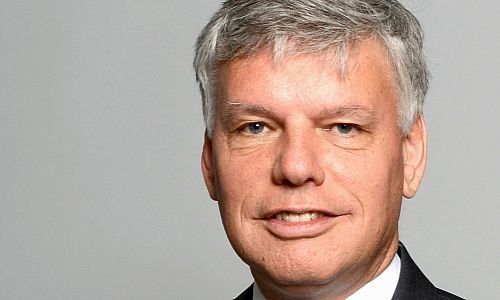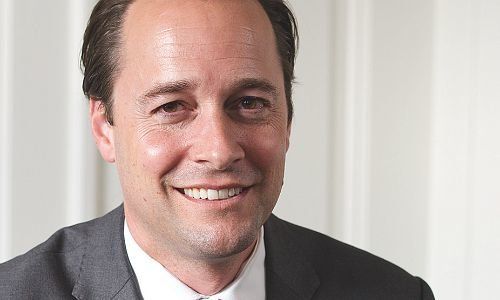The Zurich branch of Lombard Odier is taking a key role in the repositioning of the private bank. It has hired two dozen of new colleagues from competitors to help it adjust to the demands of a changing financial industry.
Private banks such as Lombard Odier have for as long as they existed cultivated a communication policy of no comment, protecting a business thriving on secrecy. It was what they knew best and more importantly, what their clients expected of them.
No more. The Geneva-based institute since 2014 is a limited joint-stock company, which increased demands on how much it needs to say about business. Add to that a world, which orders its bankers to open their books and be accountable for perceived misdemeanors by their clients.
Spirit of Glasnost
Lombard Odier has developed a more open spirit over the past two years, helping it acquire new clients. The Zurich branch, although 26 years old, is playing a key role in the spirit of Glasnost sweeping through the institute. After all, Zurich is the heart of Swiss banking and on course to take Geneva's place in international asset management.
Dominique Wohnlich (picture above), a former banker of Credit Suisse, took charge of the Zurich branch of Lombard Odier 18 months ago, as finews.ch reported at the time. The bank charged him with a brief to add new impulses to the Zurich unit. He hired almost two dozen new employees, reaching a total of more than one hundred, he said at a press conference on Thursday.
Wohnlich didn't just hire customer consultants from all the known banks in Zurich, as he told finews.ch. He also added portfolio managers, compliance experts and risk specialists. The goal behind this hiring drive: to take comprehensive care of customers at the branch, Lombard Odier owner Hugo Bänziger (pictured below) said on Thursday. Previously, all activity revolved around Geneva.

Focus on Onshore Clients
Glasnost yes – but within reason, seems to be the order of the day: Still a tad shy about the new communication strategy, the bank won't provide earnings figures and assets under management at the Zurich branch. In total, Lombard Odier had 209 billion francs of assets under management by mid-2015, with a significant part in Zurich – mainly for European clients, but also for customers from newer markets in Eastern Europe and Asia, according to Wohnlich. The inflow of new assets was more than satisfactory, he added.
Offshore assets make up a substantial part of total assets, even as the bank today focuses on onshore clients, customers with a domicile in Switzerland.
Taxed Money Only
All money at Lombard Odier is taxed money, Bänziger said. The partner with the fewest years at the bank is a former risk manager at Deutsche Bank and puts great emphasis on this: «People with black money won't get a foot into Lombard Odier.»
The bank from Lake Geneva doesn't want to be seen as a «retail bank,» one that sells its customers as many products as possible. Instead it positions itself as a custodian for rich clients: «You won't come to us to maximise your profit,» Bänziger said. Customers bank with Lombard Odier to maintain their estate and to eventually pass it on to the next generation.
The bank's investment strategy matched the performance of the Swiss Market Index over the past ten years, a fact that Bänziger is pretty proud of.
Startup With 200 Years of History
The coming five years will show whether the newly established infrastructure (IT, risk, compliance, personnel, back office) can generate higher profits. As many other Swiss banks follow the same path, trying to attract the wealthy Swiss, this won't be easy to achieve for Lombard Odier.
Wohnlich derives his optimism from the fact that the bank is looking back on a long tradition, and that the owners of the bank are just a phone call away, while staying involved in the daily banking business. Wohnlich also feels a breath of fresh air blowing: «The atmosphere is similar to the one at a startup, a startup however with a history of more than 200 years.»
Lombard Odier was founded in 1796.


































